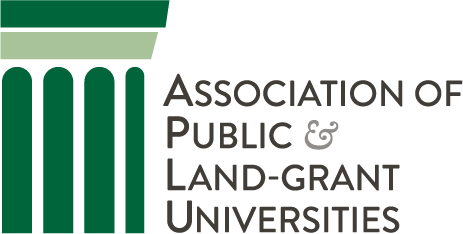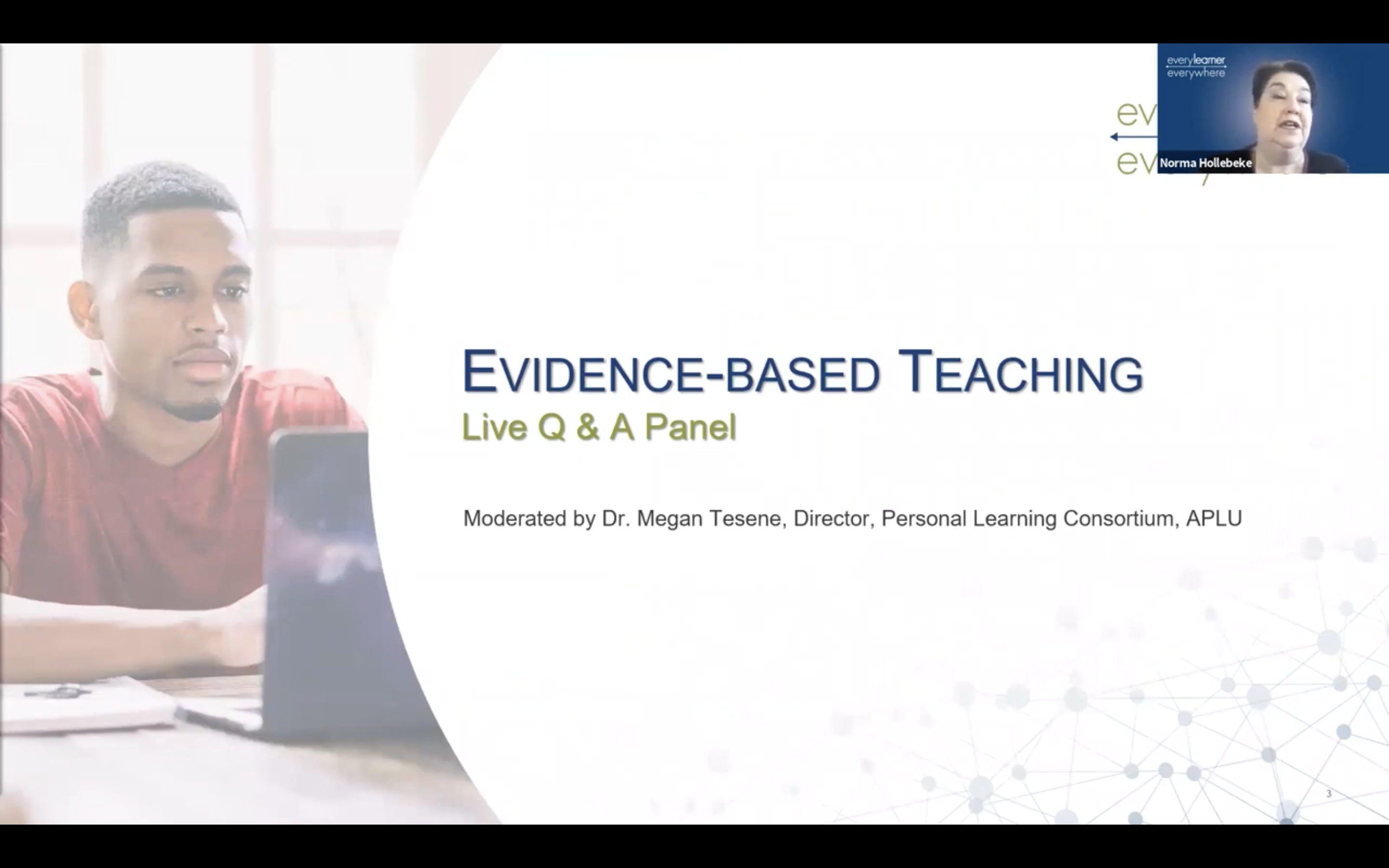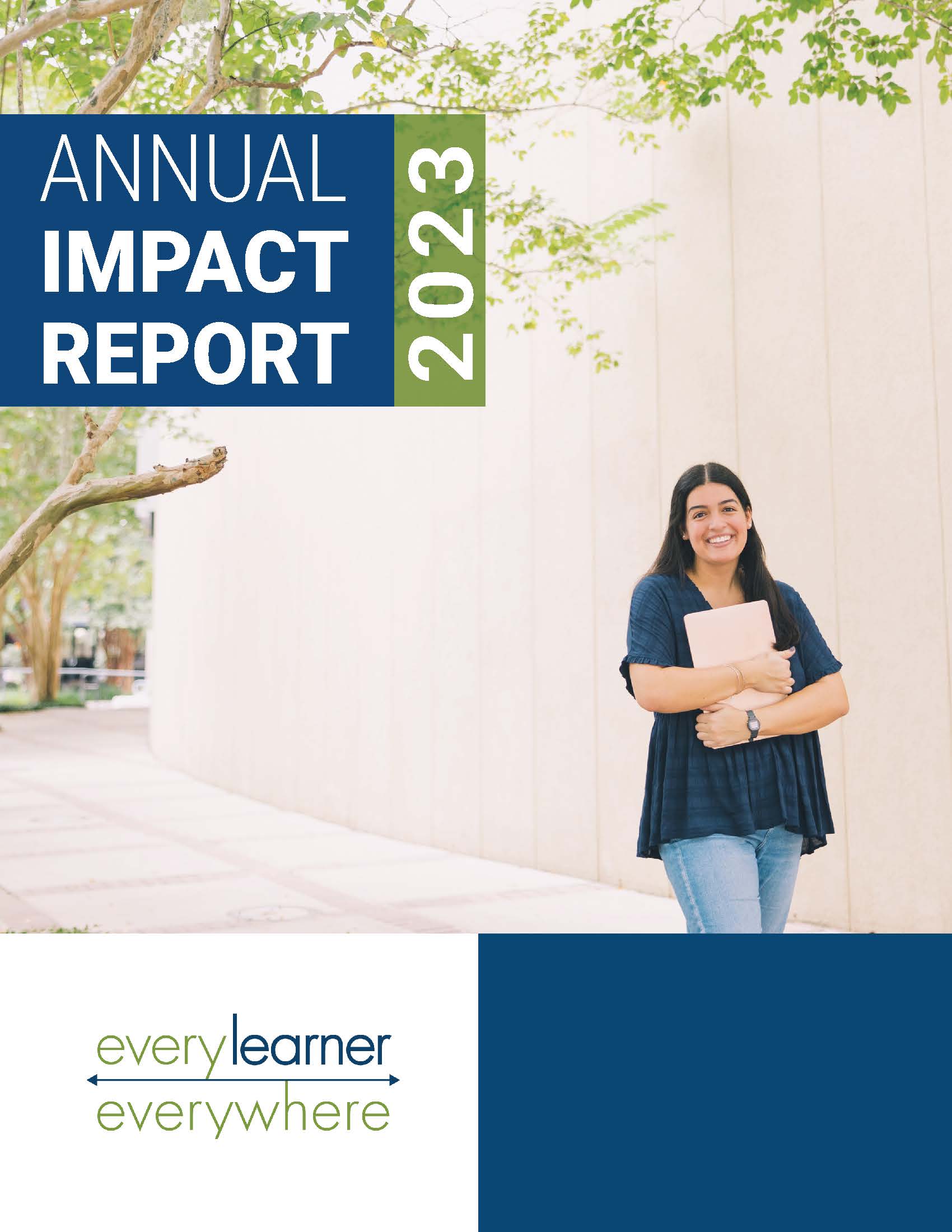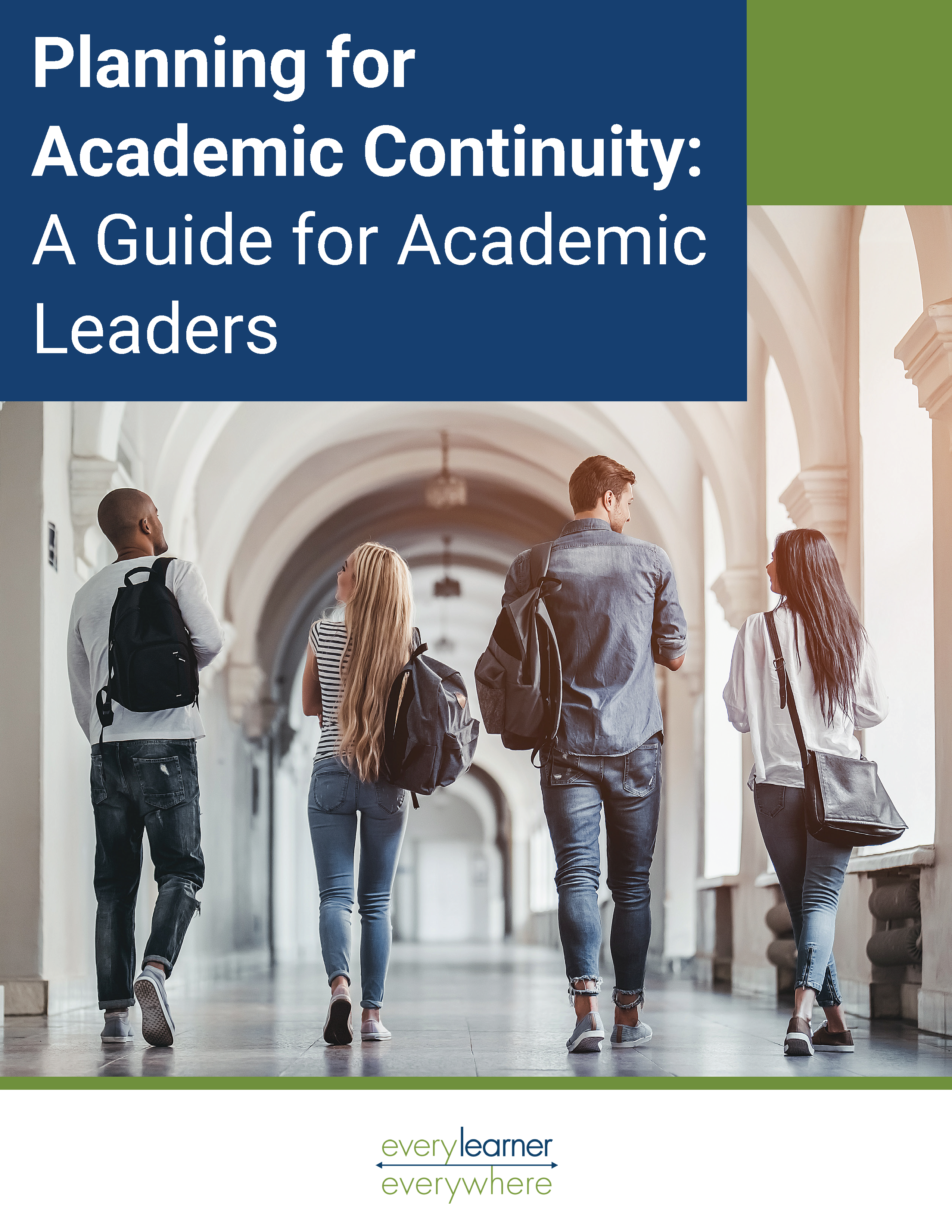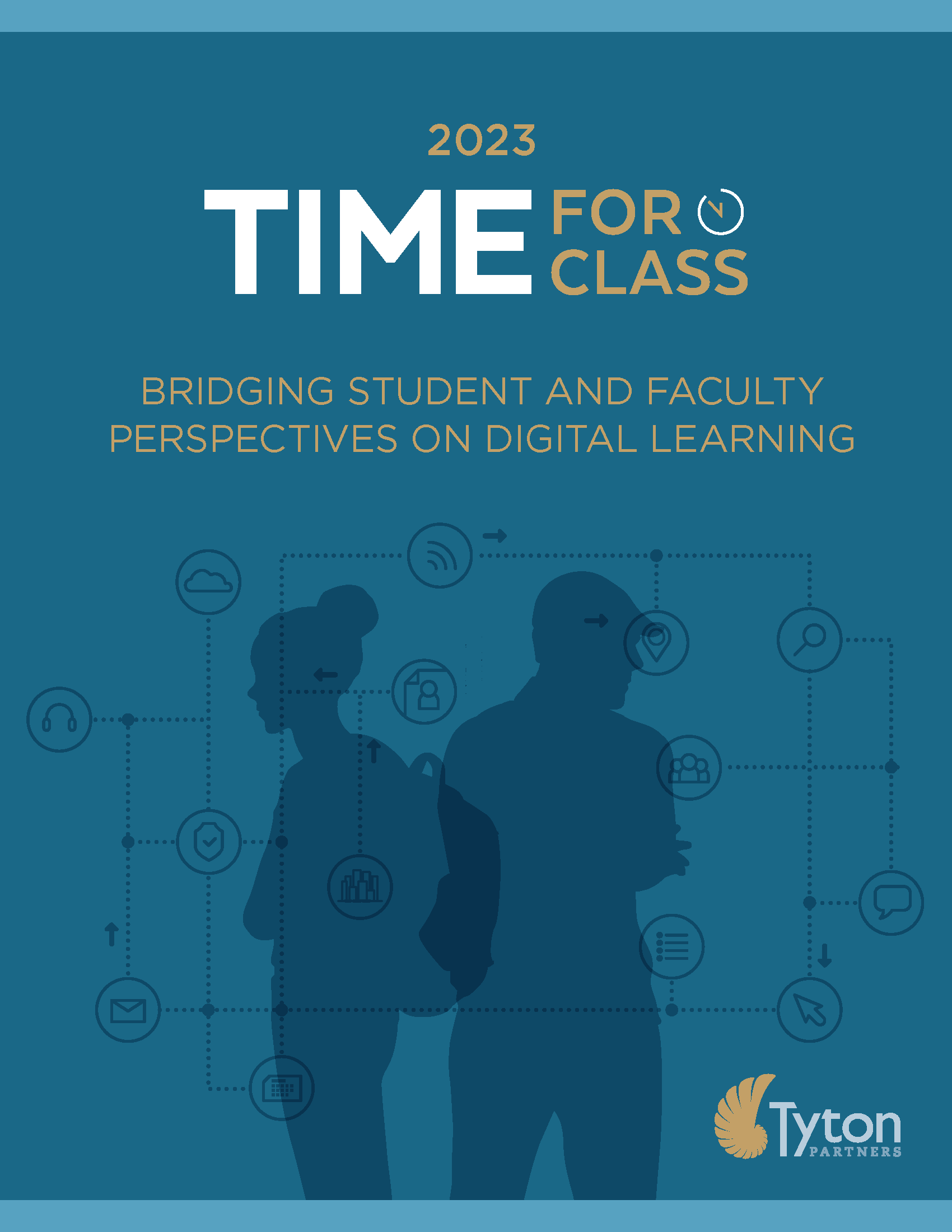Learning is a lifelong process, and we are concerned with the evidence for what makes “good and timeless learning,” especially at a time when many faculty are being asked to teach online for the first time. Evidence-based teaching strategies extend well beyond theory and research-supported practices. Evidence-based learning means that the approach to teaching is based on “evidence that learning has occurred”. Why is this topic so important right now? Because it adds value to the teaching and learning process with strategies that impact student engagement, metacognitive skills, and long-term content retention in the digital classroom.
Presenters: Megan Tesene, Director of the Personalized Learning Consortium at the APLU; Ryan Luke, Assistant Professor of Mathematics at the University of Louisville; and Patricia O’Sullivan, Instructor of health ethics at the University of Mississippi
To view from the other recordings in the Every Learner 2021 Strategies for Success Series, please visit the playlist on the Every Learner Everywhere YouTube channel.


